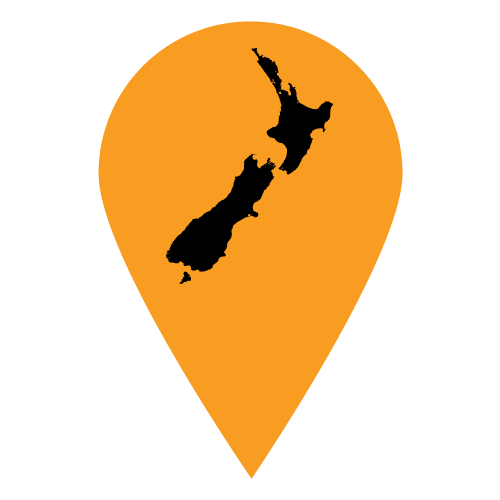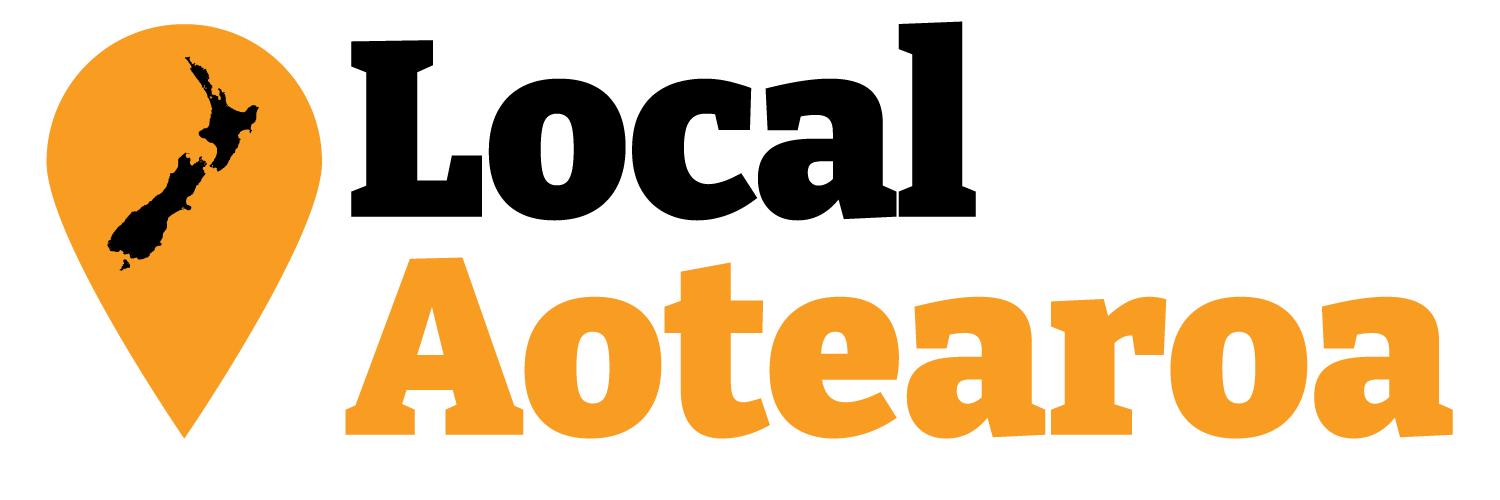If commissioners are on the cards for Wellington, what's likely to happen next?
An AI-generated image of an investigator examining documents with a magnifying glass.
With speculation mounting over possible intervention by Local Government Minister Simeon Brown into Wellington City Council, it’s useful to look back at how the appointment of commissioners at other councils has unfolded in recent years to understand how the process might work. Environment Canterbury, Kaipara District Council, and Tauranga City Council all offer insights over what could unfold over the coming weeks and months.
In each of these instances, the appointment of commissioners was only undertaken after reviews had taken place, with two of these reviews initiated by the Minister of Local Government, and one (Tauranga) initiated by the council itself in what appears to have been an attempt to get ahead of the possible dissolution of the elected council.
Environment Canterbury
In April 2010, then Environment Minister Nick Smith and Local Government Minister Rodney Hide appointed commissioners to replace Environment Canterbury (Canterbury Regional Council). But the story started well before then, with growing concerns about ECan’s ability to carry out its role of freshwater regulator and process resource consents, leading to the then National-led Government’s first intervention.
That intervention started in October 2009 with the announcement by Smith and Hide that a performance review into ECan would take place following mounting concerns over the council’s ability to fulfil its statutory roles and the behaviour of its governing body.
By November 2009 the review team had been announced and in February 2010 the report was released (alongside a similar report into Far North District Council). Following discussions with ECan’s elected representatives and others from the region, by the end of March the Government announced their intention to appoint commissioners. This was followed by the passing of urgent legislation to start addressing issues identified in the report. The formal appointment of commissioners and their terms of reference were announced on 23 April 2010.
Kaipara District Council
Facing mounting financial pressures over a costly wastewater scheme that was due to see an average rates increase of 31 percent, Kaipara District Council asked then Local Government Minister David Carter for assistance. Carter responded at the end of May 2012 with the announcement of his intention to appoint a review team, with their terms of reference and membership announced two weeks later on 14 June 2012.
The review team was to report back to the minister by the end of October, but ended up reporting back two months early in August 2012. Shortly afterwards, and following the recommendation of the review team for the appointment of commissioners, at the end of August 2012 Carter appointed commissioners.
Tauranga City Council
Following the resignation of Deputy Mayor Larry Baldock from that position (not council entirely) in June 2020, the Department of Internal Affairs (DIA) started monitoring the situation at the council as allegations of poor behaviour from elected members and dysfunctional governance emerged. Evidently that monitoring morphed into an informal investigation, with a report presented to the council in August 2020 with the council agreeing to appoint an observer team to review and make recommendations on what the council needed to do to fix the situation.
The council (rather than then Local Government Minister Nanaia Mahuta) appointed a high-powered Review and Observer team in September which, astutely, included Peter Winder who had been one of Kaipara District Council’s commissioners. During the interim, Councillor Jako Abrie resigned from council entirely, citing dysfunction with the governing body.
The Review and Observer team reported back to Tauranga City Council on 16 November 2020 with a recommendation that the council request Nanaia Mahuta appoint a Crown Manager and Observer to assist the council.
Four days later on 20 November, all hell broke loose. The council formally adopted the recommendations from the Review and Observer team and then, at the conclusion of that meeting, Mayor Tenby Powell resigned and called on Mahuta to appoint commissioners.
Powell only had to wait two weeks to have his wish fulfilled, with Mahuta announcing her intention to appoint commissioners on 4 December, giving the council 10 days to respond. The council announced their intention to respond by 18 December (10 working days later) where they anticipated the minister would make a decision early in the new year.
The council’s response did not fill the minister with confidence, so on 18 December she wasted no time in announcing the decision to proceed with the appointment of a commission. The membership of the commission itself was announced at the start of February 2021.
What’s clear from each of these examples is that preceding the appointment of commissioners was some sort of formal investigation and review of each of the councils in question.
For Environment Canterbury and Kaipara District Council these reviews took place effectively through the Local Government Minister and the Local Government Act. For Tauranga City Council it started as a more informal process for DIA, with the council then trying to get ahead of things by appointing their own Review and Observer team. However by then it was clear that the governance environment had deteriorated to the point where the minister no longer had confidence that the current elected representatives could rectify the situation and that a new election wasn’t likely to fix things either.
Given no such formal investigation and review has taken place into Wellington City Council over it’s current issues, it would be quite a leap for Local Government Minister Simeon Brown to go straight to appointing commissioners. While it’s possible he could go straight for the nuclear option, it seems more likely - and in keeping with more recent processes that played out when appointing commissioners elsewhere - that there would be some sort of formal investigation, review, and recommendations that would precede such a step being taken.
There’s a couple of other instances that are worth briefly looking at. Both Christchurch City Council and Wairoa District Council alongside Hawke’s Bay Regional Council have seen Crown Managers appointed. Crown Managers are appointed with a very narrow remit to direct the council to fix a specific issue. In Christchurch’s case, as they faced mounting issues with their building consenting function - especially following their devastating earthquakes - they requested the government intervene to assist them in resolving their issues, and a Crown Manager was duly appointed.
For Wairoa District Council and Hawke’s Bay Regional Council, while a review had kicked off in July into the management of flooding in Wairoa and wasn’t due to report back until September, by August evidently Simeon Brown knew enough and decided to appoint Lawrence Yule with a very specific remit to ensure flood protection work was adequately carried out by both councils.





